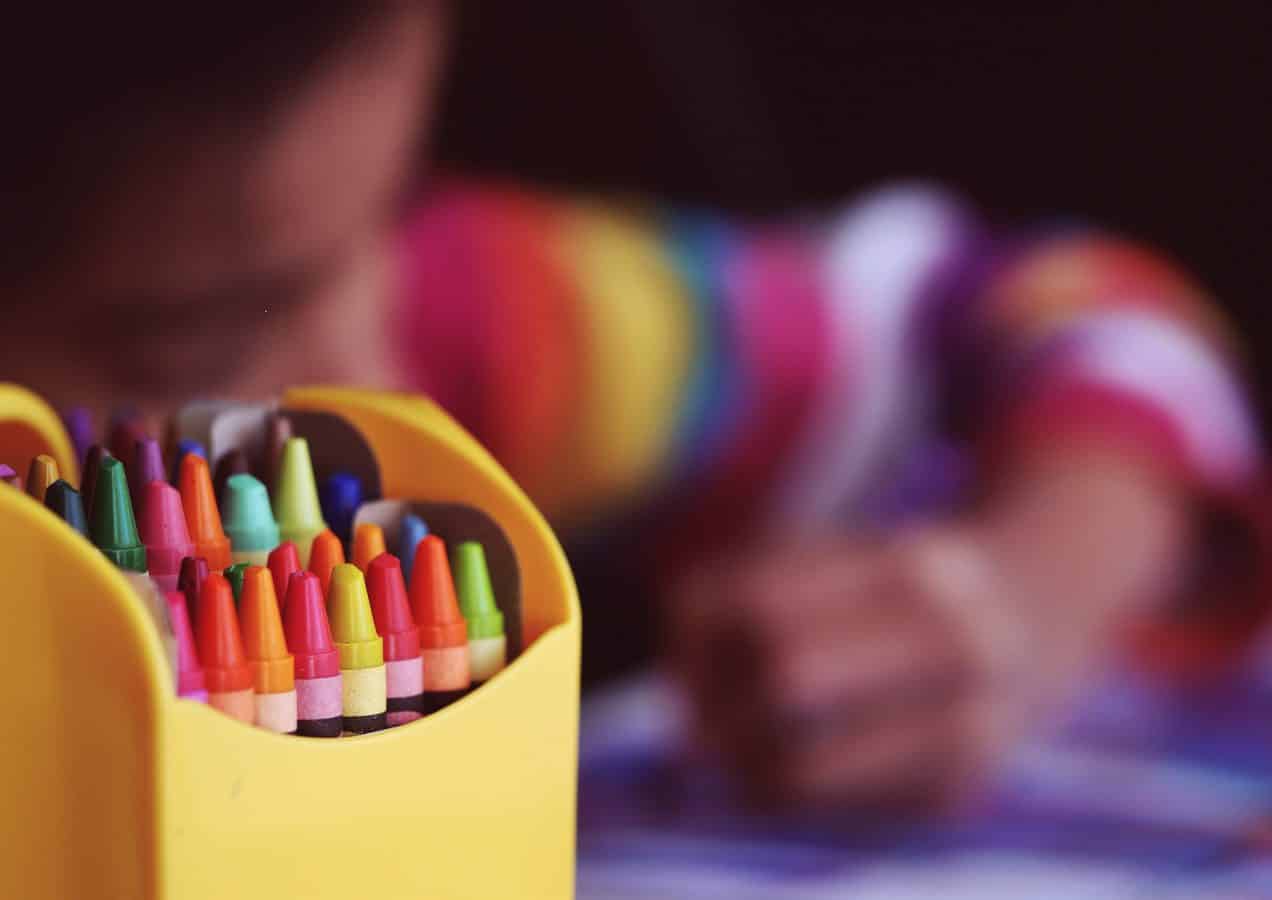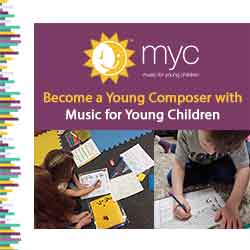How To Choose A Quality Preschool In Singapore (It May Not Be What You Think!)
Submitted by Advertiser KiasuParent

Photo by Aaron Burden on Unsplash
Shopping around for preschools for your child, or considering switching your child to a different preschool?
You should first know about the Singapore Preschool Accreditation Framework, or SPARK, which is a guide for preschools to understand what they should be striving to achieve.
Currently, 900 preschools in Singapore are SPARK-certified. These preschools have met the baseline quality standards in areas such as Curriculum, Pedagogy and Health, and Hygiene & Safety. In addition, 118 have attained the SPARK Certification (Commendation) award, which recognises centres with strong teaching and learning practices.
That’s certainly a long list of possible preschools to consider, and after you’ve filtered the options by budget, location, and reputation, it will be time to visit the preschools to assess the learning environment.
Here are some physical environment features to take note of:
- Brightly coloured, heavily decorated walls look fun, but they can be distracting for children, and impede learning.
- You may have preferences about air-conditioning, and ultimately, comfort should be your gauge — a room for learning shouldn’t be too warm or too cold.
- Lighting is important, and having a better lighting set-up can improve learning.
You can also look out for the following:
- How do the teachers talk to your child, or other children? Are teachers genuinely interested to listen to children and find out how they think? Are they sensitive in their attempts to connect with introverted children? Or do you hear yelling and threats?
- Do the teachers prioritise questions, rather than answers? Do they teach in a way that encourages critical thinking? This would involve asking open-ended questions to encourage children to think of possibilities, rather than questions that test for existing knowledge — find out more in our critical thinking guide for preschoolers.
- What’s the vibe that you’re getting from the school, or specifically, its teachers and students? Do you sense joy and playfulness? Do teachers seem happy, or flustered and stressed? Trust your instincts.
During your visit, you will probably have a short discussion with the preschool principal, or lead teacher. This is a chance to find out about the preschool’s philosophy towards discovery and exploration, and what their curriculum covers.
Below are five essential skills that preschool classrooms should aim to develop, and no, they have little to do with being ready for exams in primary school! Read on to find out what these skills are:
- Fine motor skills, or the ability to use the muscles in our hands and wrists, may seem like child’s play, but they have a surprising influence on academic achievement later in life. One theory is that motor skills strengthen neural connections that are useful for later academic tasks, and research has suggested that children with better motor skills have more control over their environment, which is advantageous for learning. Motor skills are also directly relevant for school tasks such as writing and drawing.
- Gross motor skills, or the ability to use the muscles of the arms, legs, and torso, also predict academic outcomes. For one, regular exercise improves brain function by helping nerve cells to multiply, and generating more connections for learning. In school, sports participation develops discipline and resilience, as well as boosts self-esteem, which can translate into growth in other areas. And if nothing else, a child who loves being active is likelier to continue this into adulthood, for better health.
- Language and literacy development, with an emphasis on non-fiction texts — not just books alone, but newspapers, flyers, and other print material that conveys factual information. Local statistics are not available, but research has shown that the ability to read and process non-fiction can account for as much as a 33 percent variance in US school performance, which is a difference between an A and a D+ grade.
- Social skills, which involves more than the ability to talk to people. In order to be a socially competent individual, one has to be a good listener and observer to pick up cues from others, to better understand them. One also needs to respect the boundaries of others — this will have lasting effects through life. In order to do so, children have to realise that they are not the only ones that matter, and they will need guidance to shift their attention to the needs of others.
- Global citizenship, which is the awareness that we live in an interconnected world, with a common humanity and shared responsibility towards the planet. It is not about donning an ethnic costume on Racial Harmony Day or trying foods from a different culture, although these can be starting points. Look for preschools that have a diverse classroom to begin with, i.e. kids and teachers from different cultures and backgrounds. Are children made to feel proud of their culture, or curious to learn more? Do teachers discuss what’s happening around the world? Is technology being harnessed to create exposure opportunities, such as connections with a classroom across the world? And do keep a lookout for this red flag: a preschool educator speaking in a language that not everyone can understand.
